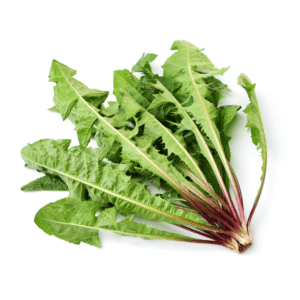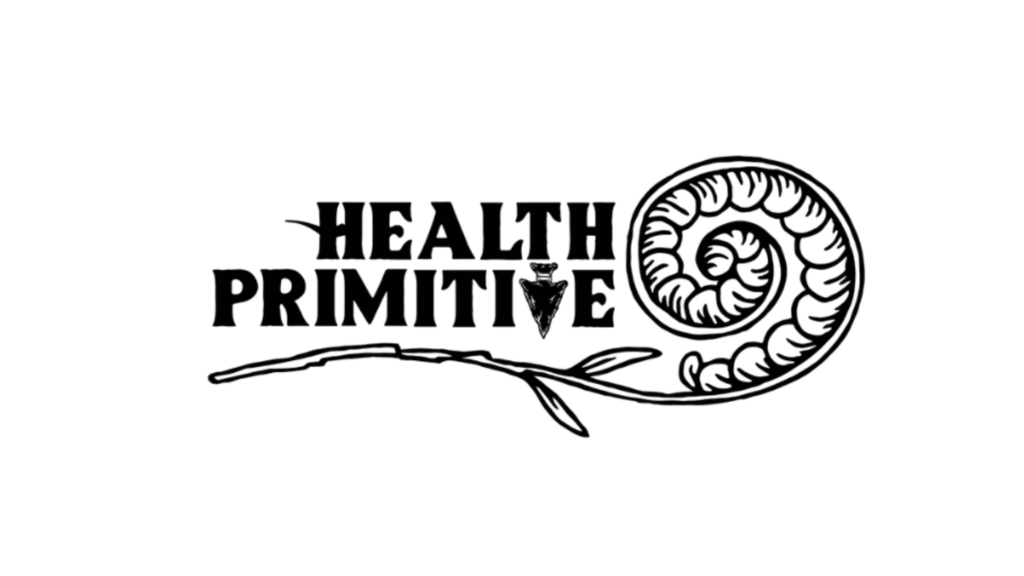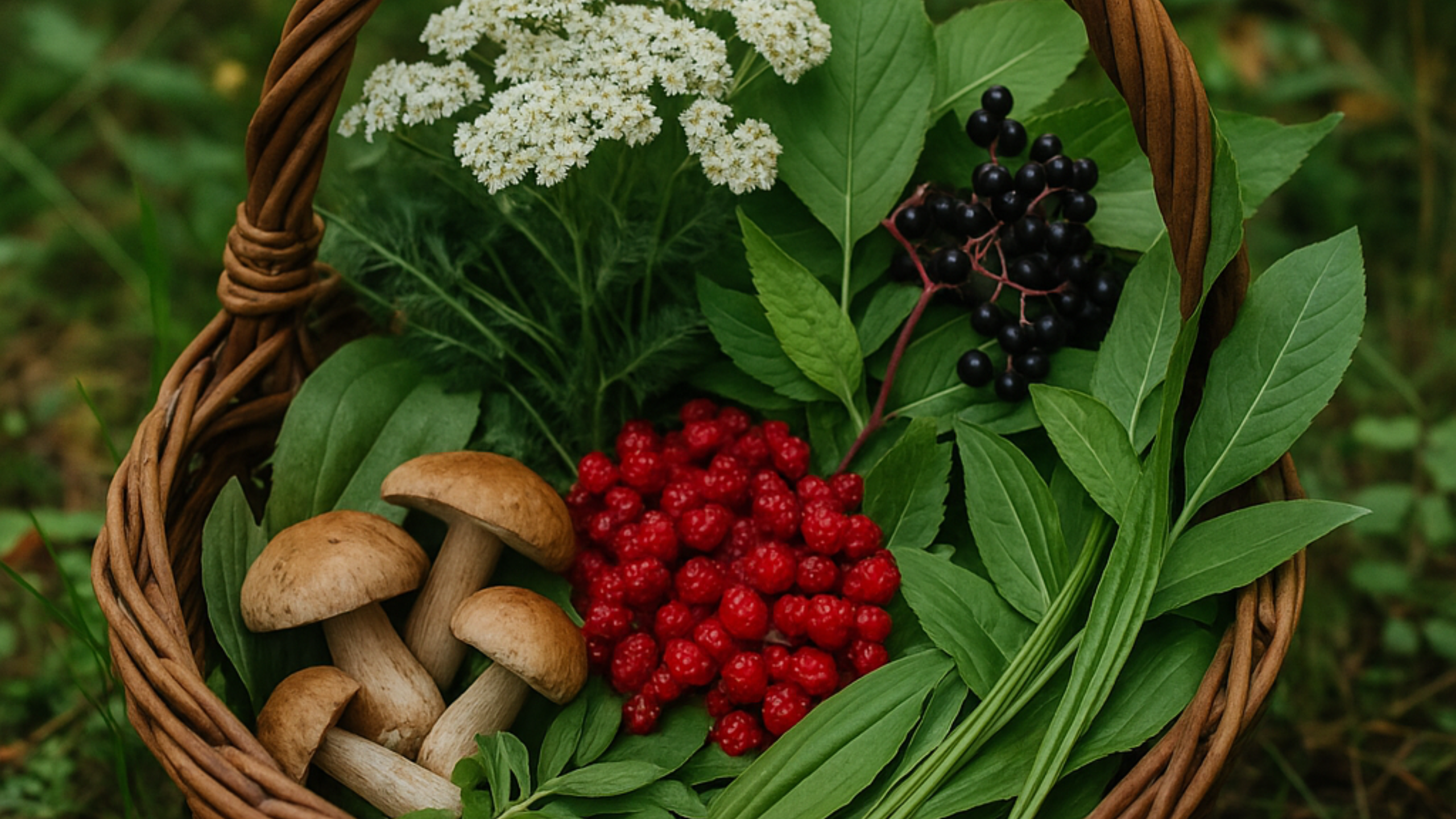
Eating From The Wild
Foraging is the ancient practice of searching for and gathering wild food resources, such as fruits, nuts, vegetables, and small game, from the natural environment. This method of obtaining food was essential for prehistoric humans, who relied on the natural availability of plants and animals before the development of agriculture. Foraging involves a deep understanding of local ecosystems, including knowledge of edible species, their seasonal cycles, and how to prepare them safely. Historically, it played a vital role in the survival of early human communities and helped shape social and cultural practices.
The ability to source one’s own food can be empowering. It fosters self-reliance and a deeper understanding of natural cycles, which can lead to a sense of purpose. It also connects us to ancestral practices and traditions. Learning about local flora and foraging techniques can cultivate a sense of identity and belonging to our past.
Wild foods are often nutrient-dense and can offer higher levels of vitamins, minerals, and antioxidants compared to cultivated crops. Foraged items like wild greens, mushrooms, and berries can diversify one’s diet with healthy nutritious food.
Foraging for food or medicine often involves walking and exploring diverse terrains, which serves as a form of exercise. The physical movement can improve cardiovascular health, flexibility, and overall fitness. Spending time outdoors while foraging can also significantly reduce stress levels. Nature exposure has been linked to lower anxiety, improved mood, and overall mental well-being. Foraging also encourages the development of practical skills, including plant identification and knowledge of natural remedies, which can contribute to overall self-sufficiency and health.
Incorporating foraging into one’s lifestyle can lead to numerous spiritual and health benefits, fostering an enriching connection with nature while promoting physical, mental, and emotional wellness. Whether as a solitary practice or a communal activity, foraging offers a pathway to good health and a deeper understanding of our natural world.
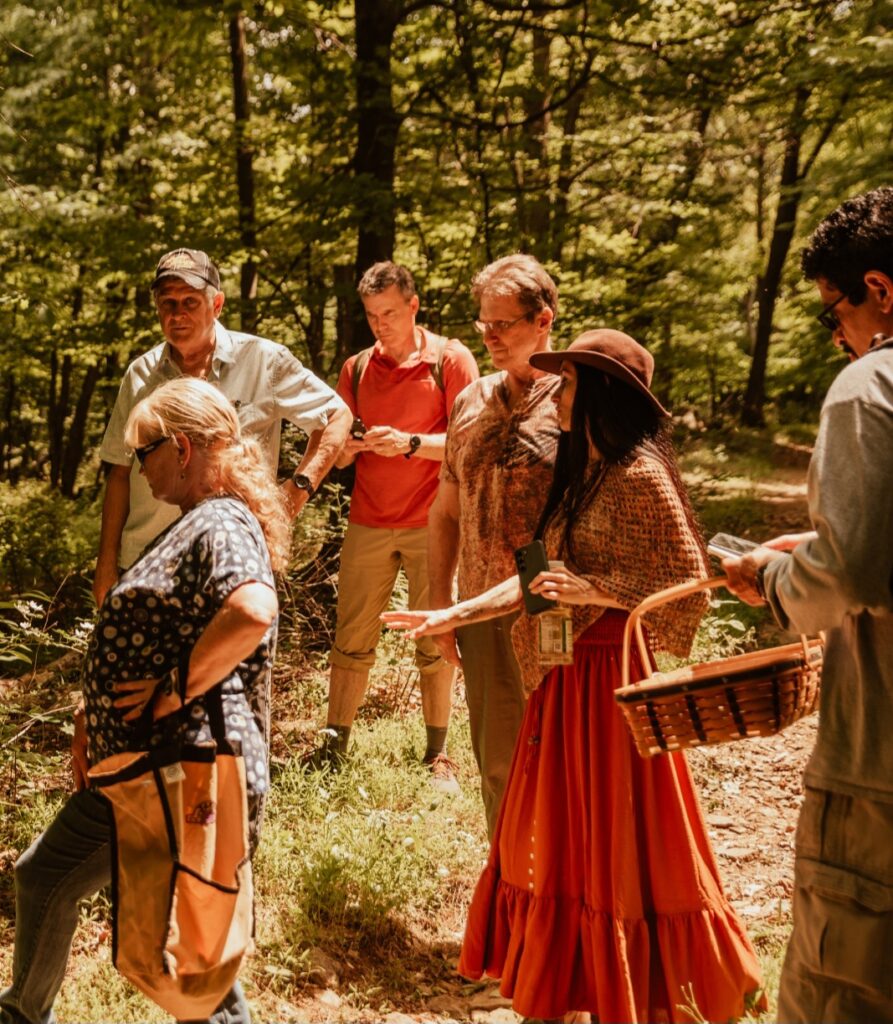
Foraging Walks
Come connect with nature while we discover edible and medicinal plants of the Mid-Atlantic region, during one of our seasonal foraging walks. Classes are held May through October. Visit any of our social media pages to stay updated on schedules. Online classes are also available periodically. Click to view upcoming events.
Herbalism Workshops
In the past, the concept of health and healing revolved around the natural world. Plants, mushrooms, minerals and even metals, all played a part in human health. Come discover the magic this ancient practice has to offer through our in person and online workshops. Visit here to view our schedule.
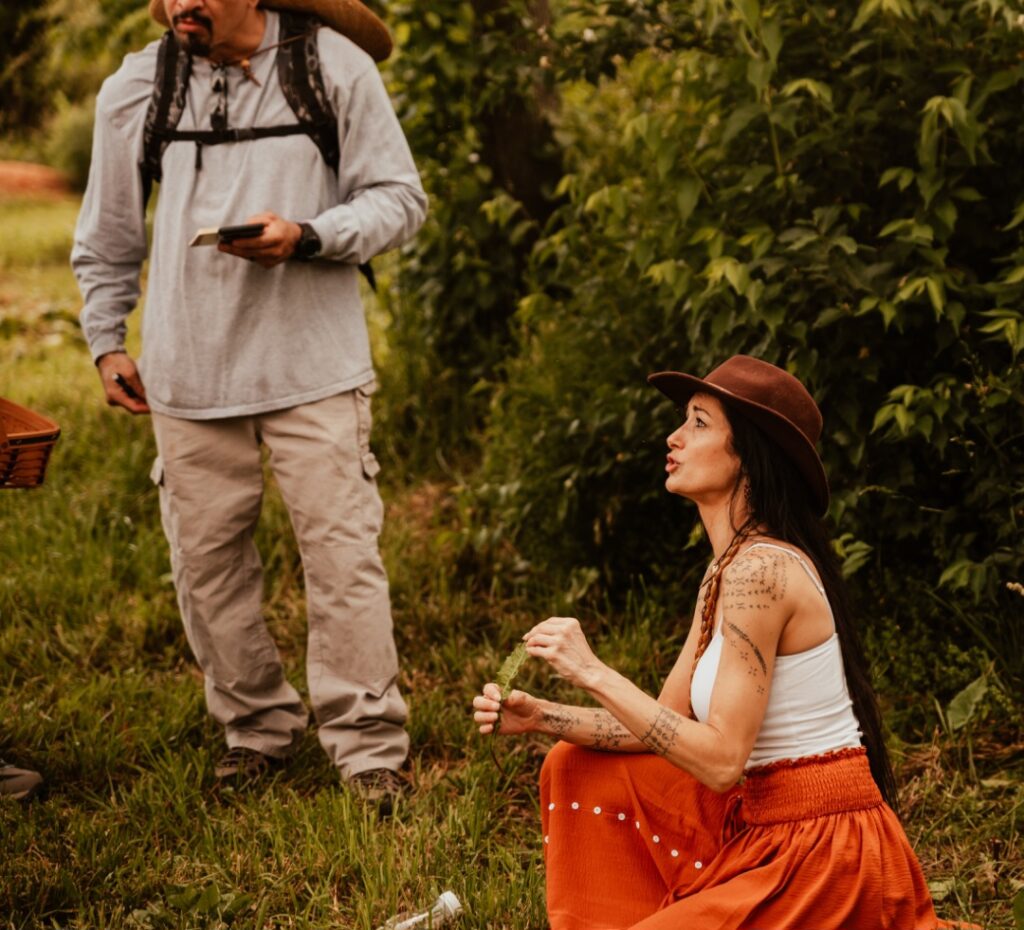
Need More information?
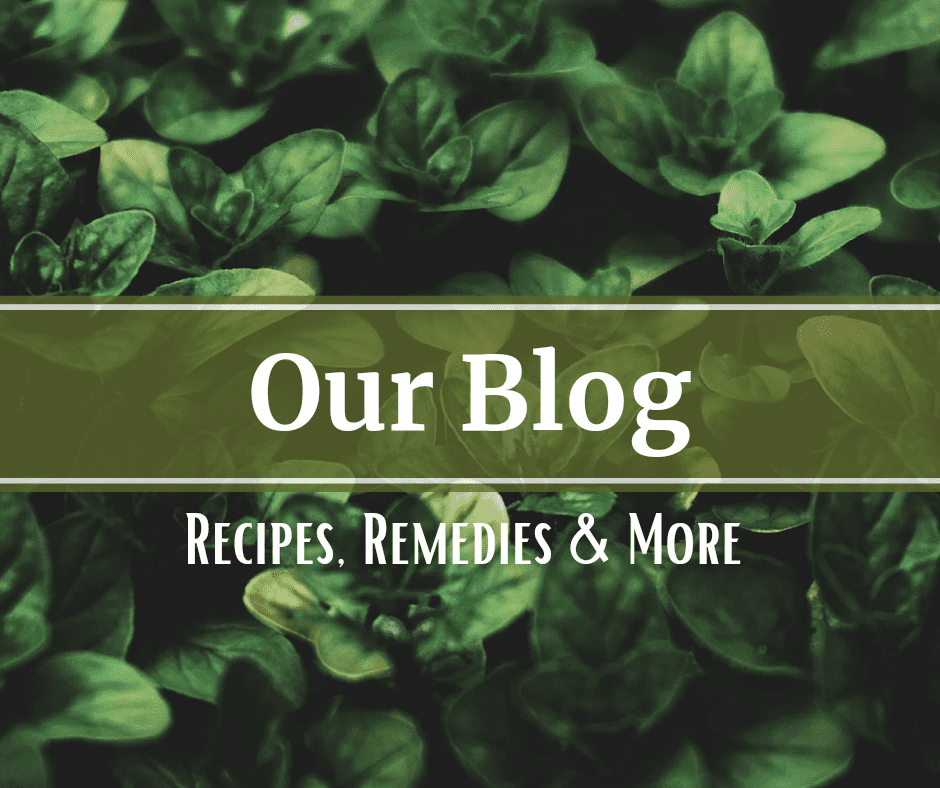
Common Questions
Is foraging safe?
Yes! Once you are familiar with your local terrain and learn to safely identify the plants.
Is wild food good for you?
Absolutely, and in fact, most wild plants and mushrooms are greater in nutritional value than cultivated ones.
Is it hard to learn foraging?
Every individual is different at which the pace they learn, and I feel it’s safe to say that every forager continues to learn throughout their lifetime.
How do I use foraged foods?
Use in any way you like! Many wild foods can be incorporated or used in place of store bought ingredients.
How do I learn more?
Practice makes perfect as well as self study. Visit our blog to learn more!
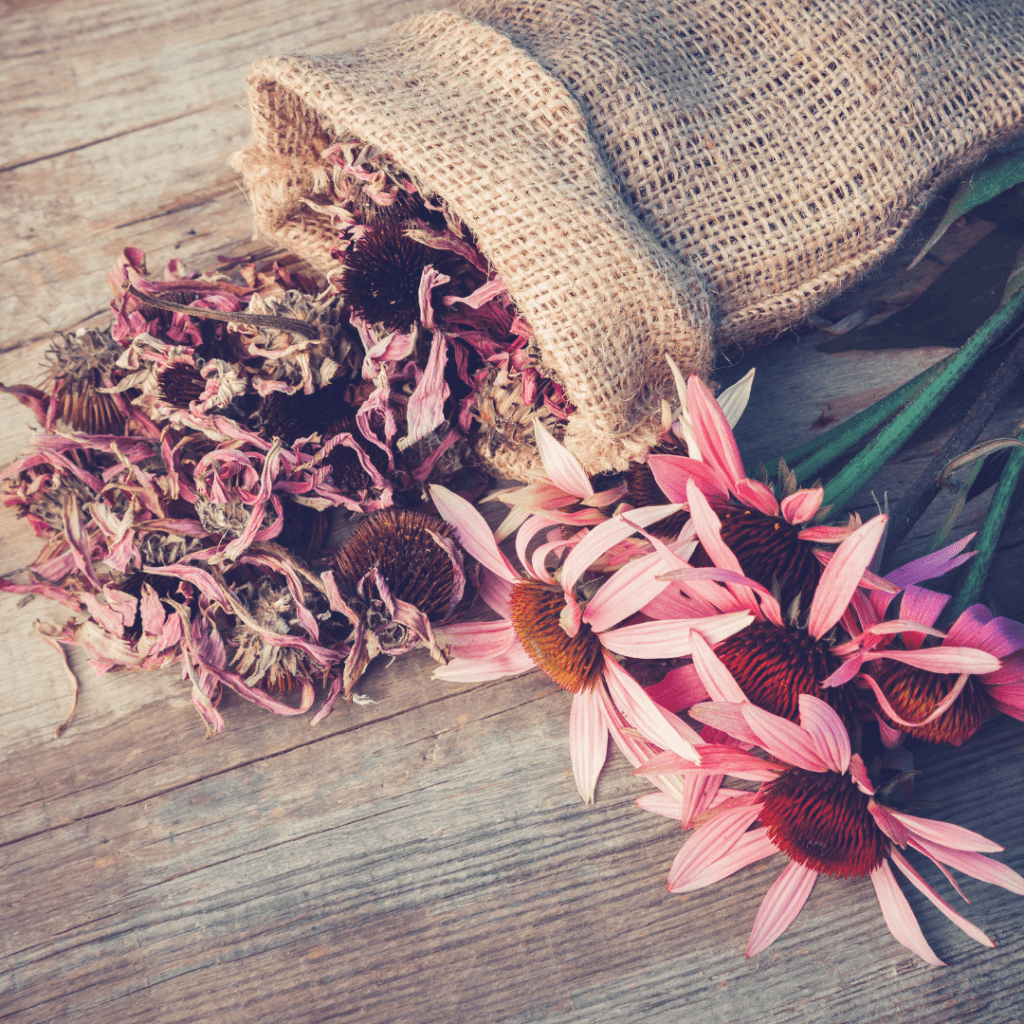
Botanicals
